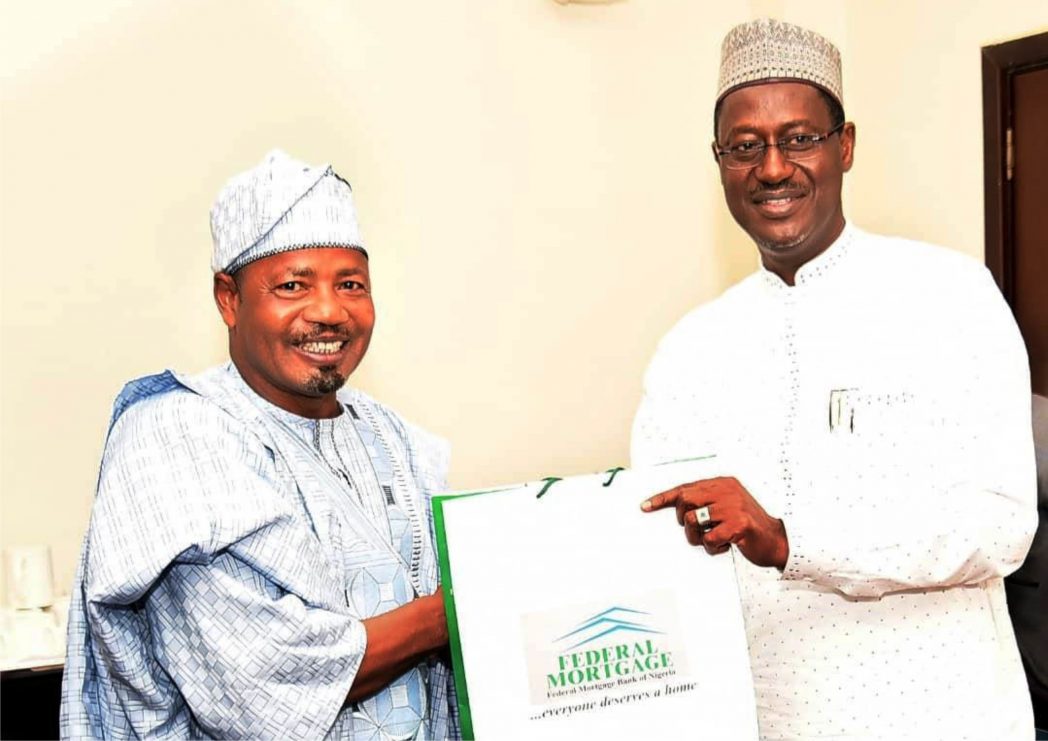Business
Winners Emerge At Good Governance Hackathon Competition

Winners have emerged at the just concluded utilisation of geospatial data for good governance hackathon competition.
The event which held in Lagos was sponsored by the World Bank, the European Union, United Kingdom Aid (UKAID) KOICA, SEEFOR Project and Bill and Melinda Gate Foundation in collaboration with Co Creative Hub.
Among the winners are Team Native which clinched the Star prize of $10,000. The team was led by one Somto Momah.
Other winners include Team Sight which came second with $6,000 prize, while Team Healthcare for All came third with $4,000.
The competition tagged “Data for Good Gover-nance” was organised as part of the 2020 Social Media Week.
The focus was on the ability of participants to manipulate and analyse available geospatial data into useful information that can be transformed into government policies to impact on the citizenry.
Speaking on the event, the World Bank Task Team Leader (TTL) of SEEFOR Project, Mr Parminder Brar, said the competition was geared at providing opportunities for youths who are ready to solve problems.
“Nigeria is full of talented young people who want to solve the problem of accountability, service delivery and they really want to move ahead,” he said.
He expressed confidence in the youths who within eight days were able to use available data as platform on which solutions to societal challenges can be found.
He commended all participants for their efforts and assured them of the support of the organisers.
Explaining the activities that culminated into choosing three teams that emerged winners, the TTL said 79 teams indicated interest to participate, 22 were short-listed and eight made it to the final.
Speaking on the lessons learnt from the event, the National Project Coordi-nator of SEEFOR Project, Dr Greg Onu, described the competition “as very good innovation and a way of empowering the youths to be involved in governance, using the ICT platform.”
According to him, it is a way of engaging the youth and the feedback mecha-nism is very impressive because it allows project implementers to get feed-back from the citizens about the performance of their projects.
On his assessment of the event, one of the judges, Dr Zakari Lawan, the M&E Director and GRID3, Ministry of Budget and National Planning said the programme gave him hope for the future of the youths. “It gives me a lot of hope that Nigeria has all the potentials to be great with what I have seen today, with the skills and capacity that was exhibited by the young participants, who were just engaged into this particular process, I think it is great and I believe if this young men are given the opportunity and exposure, I think they’re world class materials.”
Transport
Nigeria Rates 7th For Visa Application To France —–Schengen Visa

Transport
West Zone Aviation: Adibade Olaleye Sets For NANTA President

Business
Sugar Tax ‘ll Threaten Manufacturing Sector, Says CPPE

In a statement, the Chief Executive Officer, CPPE, Muda Yusuf, said while public health concerns such as diabetes and cardiovascular diseases deserve attention, imposing an additional sugar-specific tax was economically risky and poorly suited to Nigeria’s current realities of high inflation, weak consumer purchasing power and rising production costs.
According to him, manufacturers in the non-alcoholic beverage segment are already facing heavy fiscal and cost pressures.
“The proposition of a sugar-specific tax is misplaced, economically risky, and weakly supported by empirical evidence, especially when viewed against Nigeria’s prevailing structural and macroeconomic realities.
The CPPE boss noted that retail prices of many non-alcoholic beverages have risen by about 50 per cent over the past two years, even without the introduction of new taxes, further squeezing consumers.
Yusuf further expressed reservation on the effectiveness of sugar taxes in addressing the root causes of non-communicable diseases in Nigeria.
-

 Niger Delta4 days ago
Niger Delta4 days agoPDP Declares Edo Airline’s Plan As Misplaced Priority
-

 Sports4 days ago
Sports4 days agoSimba open Nwabali talks
-

 Nation4 days ago
Nation4 days agoHoS Hails Fubara Over Provision of Accommodation for Permanent Secretaries
-
Niger Delta4 days ago
Stakeholders Task INC Aspirants On Dev … As ELECO Promises Transparent, Credible Polls
-
Niger Delta4 days ago
Students Protest Non-indigene Appointment As Rector in C’River
-
Rivers4 days ago
Fubara Restates Continued Support For NYSC In Rivers
-

 Oil & Energy4 days ago
Oil & Energy4 days agoNUPRC Unveils Three-pillar Transformative Vision, Pledges Efficiency, Partnership
-

 News4 days ago
News4 days agoDiocese of Kalabari Set To Commence Kalabari University

